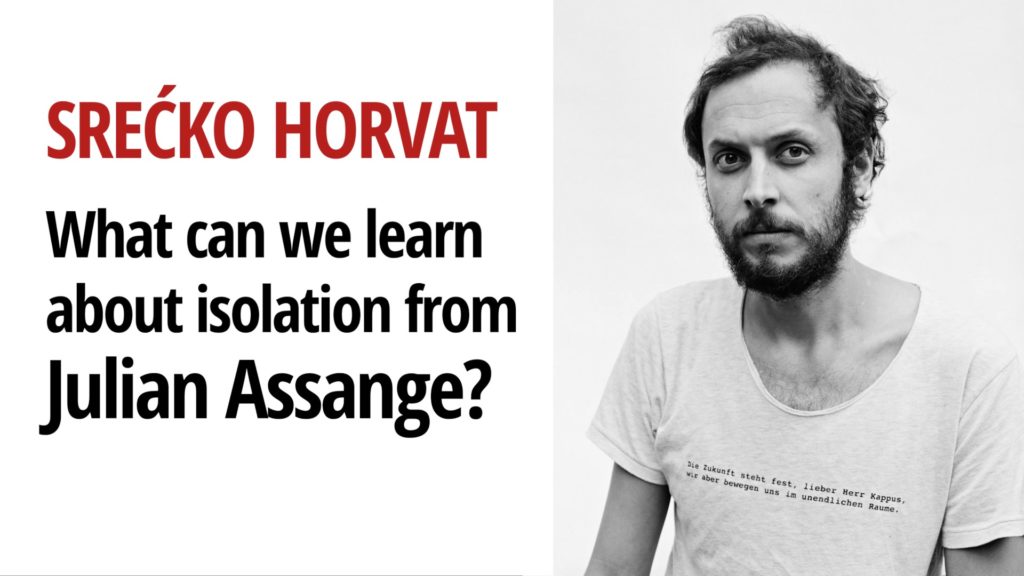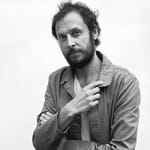
Julian Assange & Coronavirus – What we can learn about isolation from Assange | Srećko Horvat
In this interview with philosopher and co-founder of the Democracy in Europe Movement (DiEM25), Srećko Horvat, we talk about what we can learn from Julian Assange when it comes to isolation. Julian Assange was forced into isolation in 2012, first in the Ecuadorian embassy where he was forced to seek exile, and thereafter in Belmarsh prison where he now spends most of his time in solitary confinement. Srećko Horvat last visited Julian Assange in Belmarsh in November 2019, and his movement DiEM25 is in direct contact with Julian Assange and his family. In addition, we examine the recent response of Western governments towards the outbreak of the coronavirus and also provide historical context to how their policies from the last decades have produced the conditions in which it could spread effortlessly.
To watch more of our videos with other experts such as Edward Snowden, Noam Chomsky, Abby Martin, Yanis Varoufakis, Julian Assange, Glenn Greenwald, Jeremy Scahill, Jill Stein, Daniel Ellsberg, etc, please visit and subscribe to our YouTube channel by clicking here.
Click here or on the picture below:

Srećko Horvat, philosopher and activist, born in Yugoslavia (1983), without permanent address. He published more than 10 books translated into more than 15 languages, most recently: “What Does Europe Want?” (together with Slavoj Žižek, Columbia University Press, 2014), “Welcome to the Desert of Post-Socialism” (Verso, 2015) and “The Radicality of Love” (Polity Press, 2015). He regularly publishes articles in the Guardian, New York Times and Al Jazeera.
He was one of the founders of the Subversive Festival and has participated in many movements, from occupations to the World Social Forum. Together with Greece’s ex-finance minister Yanis Varoufakis he founded Democracy in Europe Movement (DiEM25): www.diem25.org.
Schreibe einen Kommentar